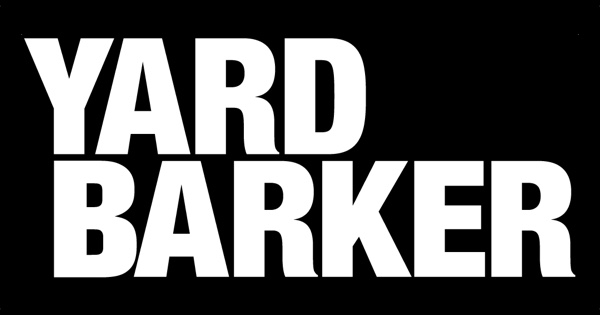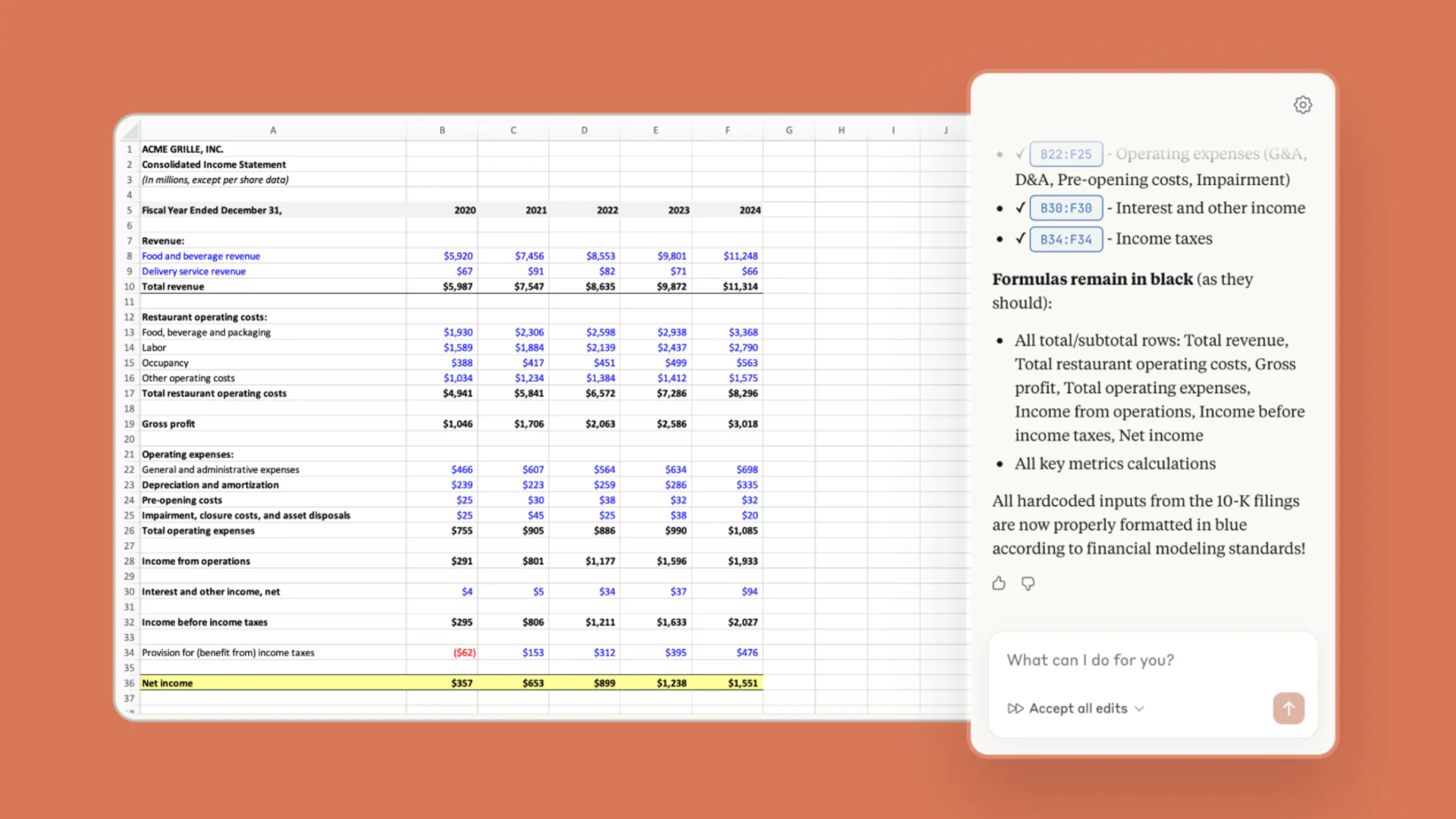Copyright Forbes

The Multiple Mini Interview (MMI) is a unique but challenging tool that medical schools and direct admit medical programs use to evaluate how you think and communicate on the spot. They usually are made up of a series of timed stations, with each one focusing on different competencies like ethics, empathy, and critical thinking. The MMI format is intentionally made to be unpredictable and put you under pressure. The interview process is also very much human, which means that making a mistake during the process is inevitable. You might stumble on a difficult word and freeze or misunderstand a prompt. What matters most in these situations is not the mistake that you made, but how you handle it and recover after the fact. This guide will help you understand: The most common and major mistakes applicants make during the MMI How to gracefully recover from these mistakes How to reset your mind between stations How to constructively reflect after your MMI Common MMI Mistakes (And Why They’re Important) Here are six mistakes that many applicants make that can derail their interview, why they matter to your interview evaluators, and what they show about how ready you are to begin a career in medicine. 1. Rambling Without a Clear Direction Mistake: You start talking before you have fully organized your thoughts and what you plan to say. This results in your response being a monologue that goes in all directions without a clear point that answers the question. MORE FOR YOU Why It’s Bad: It shows that you don’t have a clear structure or clarity in your answer. In patient care in real life, being concise and organized when you communicate with patients and other healthcare professionals is essential. How to Avoid It: Take the full two minutes of reading time before you enter the room to plan out your answers. Use a mental structure in your responses so you always have something to refer back to. Some popular ones are “Identify, Analyze, Act, and Reflect.” Speak with intention and with a point to make, not just to fill up time. Recovery Phrase: “Let me clarify my point to make sure I’m addressing the question…” 2. Missing the Point of the Question Mistake: You don’t answer the question directly but in a tangential way. You might just scratch the surface of the answer or misunderstand what the station is evaluating you for. Why It’s Bad: It shows that you are not a good listener and don’t have good critical reasoning. You might give a well-spoken answer that doesn’t have any relevance to the question. How to Avoid It: Ask yourself during the preparation time what trait the station is testing. Check for keywords like confidentiality, fairness, authority, or bias. Avoid tunnel vision when speaking and consider multiple different angles. Recovery Phrase: “I started to interpret this scenario in one way, but I realize that there is now another layer to consider…” 3. Oversharing Mistake: You share an inappropriately vulnerable story that may be too revealing or irrelevant to the prompt. Why It’s Bad: It can move the focus away from your judgment and decision-making. The evaluators may think that you don’t have good boundaries or emotional regulation. How to Avoid It: When thinking about examples you can bring up during the interview, choose ones that are reflective, not reactive in nature. Never share stories that deal with your unresolved trauma or are more about you than the actual scenario presented to you. Recovery Phrase: “Let me reframe that experience in a way that connects more directly to your question…” 4. Going Blank Mistake: You read a scenario, walk into the room, and completely freeze and blank out. You can’t find the words you want to convey, and your brain stalls in the middle of your answer. Why It’s Bad: The evaluators are looking at how well you keep your composure and adapt under stressful situations. It may seem like you don’t have good coping mechanisms or are not prepared enough. How to Avoid It: Practice responding to timed questions in high-pressure environments similar to the ones that you will interview in. Train yourself to pause gracefully when answering a question. Silence is not always a bad thing if you use it correctly. Come up with a few sentence starters ahead of the interview to buy time in case you need time to think. Recovery Phrase: “I want to take a moment to think before I answer that…” 5. Reversing Positions Abruptly Mistake: You overcorrect your answer or panic in the middle of your response and switch your stance. You might contradict the position that you first took just to please the evaluator. Why It’s Bad: It seems like you are indecisive and inauthentic. Medicine requires you to hold your ground in a respectful way when it is necessary. How to Avoid It: Stick with the position that you initially started with, but also show that you are open to other perspectives. Pivot softly to show how your thoughts can change, but don’t make it panic-induced. Recovery Phrase: “I still think that my original position is valuable, but I also want to acknowledge the importance of this other perspective…” 6. Dominating a Conversation Mistake: You dominate the station or collaborative scenarios, cut off your peers or interviewers, and don’t ask questions. Why It’s Bad: You look dismissive and arrogant. Not having good listening skills is a red flag for any future healthcare professional. How to Avoid It: Ask open-ended questions early in the interview process, like asking about how someone is feeling. Pause after speaking to invite others to give their input. Match your tone and body language to the person sitting across from you. Recovery Phrase: “I think I might be speaking too much. What is your perspective on this?” How to Recover Mid-Scenario If you feel that a scenario is slipping away from you, don’t panic. You can use these techniques to save your response and still impress your evaluator with your emotional intelligence in this tricky situation. 1. Acknowledge and Adjust If you realize that you misunderstood something or didn’t consider a dimension of the question, name it and pivot. “At first, I focused only on the patient’s autonomy, but I realize now that there is a significant equity piece to it, especially how this decision affects the larger community…” This shows your flexibility and ability to actively reflect on your words, which are all important traits to have in medicine. 2. Pause Strategically A few seconds of silence to think is better than three minutes of scattered speech. Make sure to slow down. Take a breath. Refocus on what the station is asking. Ask yourself what principle is being tested and what the patient needs. Then, continue the second half of your answer more prepared. 3. Frame Your Learning Process If you are changing the course of your answer, make it clear that you are evolving in your response, not grasping for any sign that the evaluator will like your answer. “At first, I thought that the right thing to do was to report the behavior immediately, but as I reflected more on the dynamics of the team, I realized that starting with a direct conversation would help preserve the relationships we created while also addressing the issue…” Interviewers love to see when you show your ability to reason in real time, which is what medicine requires. How to Reset Between Stations Many applicants don’t tank their MMI experience because of one bad station. They tank the whole interview because they let one bad station stick with them for the rest of the time and determine their mindset. Here is how to make sure that this doesn’t happen to you. 1. Use the 1-2 Minutes Wisely Between stations: Take a deep breath in for four seconds, hold, then exhale for 6 seconds. Do a shoulder roll or hand shakeout. Remind yourself that the next room is a clean slate and practice positive self-talk. 2. Compartmentalize Imagine that each station represents a separate clinical case, much like a physician would approach it. Just like how doctors can’t carry emotions from one patient to the next, you have to leave your previous answers behind you when you move on to your next station. Do not ruminate on your past answers and dissect them after the fact. This will decrease your focus and energy for the next stations. Your past stations are done. Focus on the now. 3. Reorient to Your Strengths Before you go into the next room, quickly reground yourself with one of your core motivators. Example: “I’m here because I care about people and communicating well. I just need to show that in the next eight minutes.” This helps you return to your baseline, especially after moments when you doubt yourself. Post-MMI Debrief The interview is done, but the emotional waves may keep coming to you. You may question whether you tanked a station, or berate yourself over why you didn’t mention a specific thing for another station. Here is how to reflect without falling into this spiral. These can also help you prepare for your next MMIs. 1. Do a Written Debrief Within 24 Hours Write and reflect on: What went well? What didn’t go as you planned it would? What will I do differently next time? Use your reflections to improve, not ruminate. 2. Understand the Weight of Each Station Remember that MMI scores are averaged across all the stations that you participated in. They are also standardized across the students. This means that one weak station will not ruin your overall score, especially if your reasoning and professionalism were strong in other stations. 3. Don’t Try to Guess Reactions You don’t know what your interviewers were thinking. They are trained to keep neutral expressions throughout the process. If you felt like their body language indicated something negative, it could have been about their environment or something else, not necessarily about your answer. Trust your performance, not the expressions on their faces. 4. Give Yourself a Time Limit for Reflection Give yourself 48 hours to reflect, journal, and talk to others about your experience. After that, stop. Obsessing beyond this point will only drain your energy. Final Takeaways The mistakes that you think you made don’t define your MMI. How you recover does. The best applicants are not the ones who breeze through every scenario, but the ones who stumble and regain their composure professionally. If you: Stay self-aware Speak with intuition Recover with reflection Reset You will set yourself up to leave a lasting impression, and, maybe, earn your spot in medical school.



